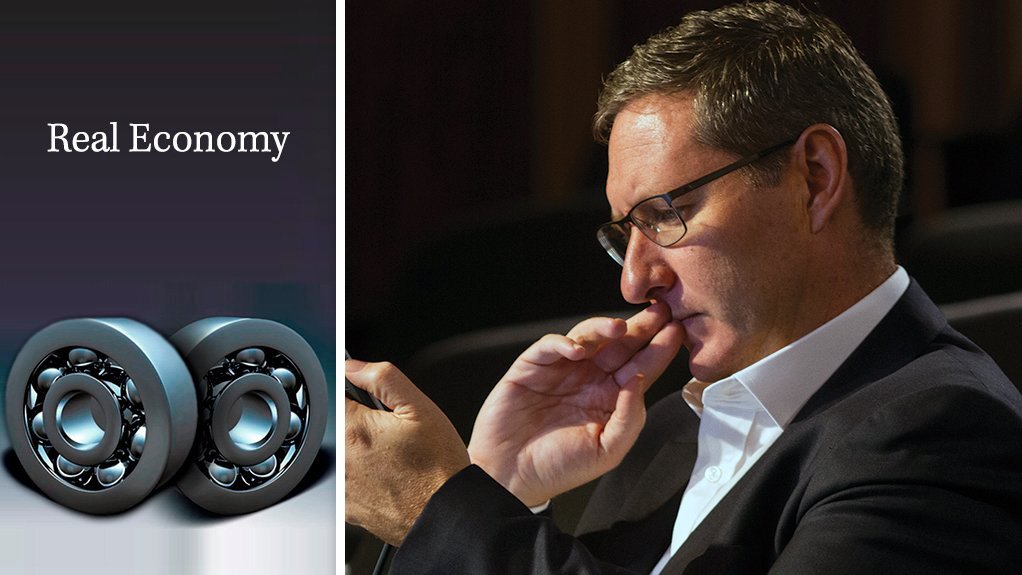A new academic study, titled ‘Structural Transformation in South Africa: moving towards a smart, open economy for all’, offers a brutal, and somewhat depressing, assessment of the state of manufacturing in Africa’s most industrialised economy. Produced by the Industrial Development Think Tank, the report concludes that the country has not only deindustrialised prematurely but has also failed, since 1994, to materially transform its economic structure to one that encourages inclusive growth and development.
The authors highlight that manufacturing’s contribution to gross domestic product declined from 21% in 1994 to only 13.3% in 2016. In addition, much of the growth in services has been in low-value traditional sectors. The poor performance is attributed to compromises reached between a narrow coalition of elites, which, “buttressed by higher government salaries and social grants for important constituents, has undermined investment and reinforced rather than changed the existing structure of economic power”.
To redress the situation, the authors argue that a new settlement, or “broad coalition for reindustrialisation”, is needed. Such a coalition should be underpinned by higher productive investment and widening economic participation.
Securing such a coalition, the authors assert, requires a mobilisation of key black constituencies, including industrial trade unions, through effective skills upgrading and investment, and productive black entrepreneurs by opening up economic opportunity. In addition, reindustrialisation will require public investment into the provision of effective public transport and education and incentives for long-term private investment and entrepreneurship.
Such a settlement should be integrated, they argue, into any “new deal” pursued by President Cyril Ramaphosa’s administration and supported through a “reorientation of macroeconomic policy” that manages volatile natural resource earnings, delivers a stable and competitive exchange rate and embraces fiscal policies that prioritise longer-term investment.
The timing of the study is interesting, as it comes ahead of proposed summits, where Ramaphosa is hoping that the social partners will come together to agree on the trade-offs necessary to increase jobs and stimulate investment.
The report is also not the only thought-provoking intervention. The World Bank’s recent study of inequality, in which a direct link is made between South Africa’s extreme inequality and its low growth predicament, could be equally important in shaping the conversation. Likewise, business has also shown a willingness to engage on the structural constraints to manufacturing, employment and racial transformation. Besides the Manufacturing Circle’s ‘Map-to-a-Million’ initiative, which focuses on ways to create a million manufacturing jobs, Business Unity South Africa last year released a document titled ‘Business Approach to Black Economic Transformation for Inclusive Growth’.
In other words, the planets are aligning in such a way that it may well be possible for the social partners to have the warts-and-all conversations necessary for crafting a new compact – one that recognises the serious deficiencies in the current economic structure, but also refuses to accept them as immutable, or to be defeated by them. ![]()
EMAIL THIS ARTICLE SAVE THIS ARTICLE ARTICLE ENQUIRY
To subscribe email subscriptions@creamermedia.co.za or click here
To advertise email advertising@creamermedia.co.za or click here











